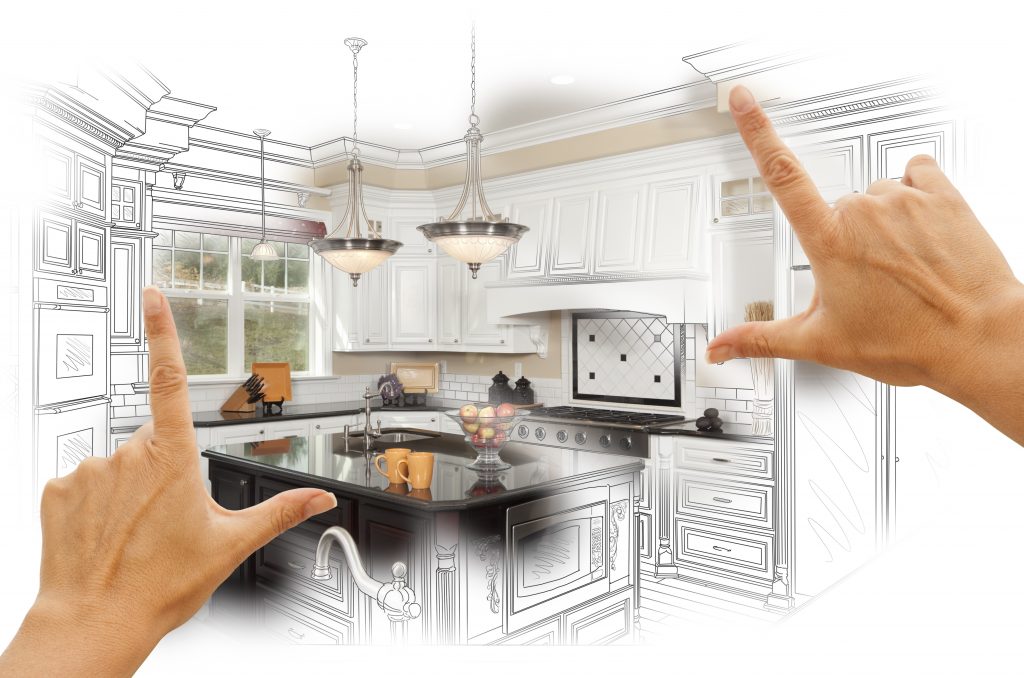A hvac installer installs and repairs heating, ventilation, and air conditioning (HVAC) systems in homes and businesses. Their duties include inspecting the condition of existing HVAC systems, identifying problems, and making recommendations for improvement or replacement. They also perform routine maintenance on the systems they install. In some cases, hvac installers may need to take on additional tasks such as replacing filters or cleaning drain traps. Having strong customer service skills is essential for this role because positive interactions with customers help to build rapport and promote repeat business.
Some hvac contractors offer emergency repair services as well, which is a good option to have in case your system breaks down unexpectedly. When choosing an HVAC company, ask friends and neighbors for recommendations based on the quality of their work, professionalism, and prices. It’s also a good idea to get estimates from several different companies so that you can compare their quotations and experience.
Most hvac installers have completed an apprenticeship hvac installation near me program or equivalent training with a contractor or industry association. They have also obtained manufacturer certifications to demonstrate their proficiency in working with particular HVAC systems and equipment. Other qualifications include excellent problem-solving and communication skills. They must be able to understand complex technical documentation and explain these details in a way that is easy for non-technical individuals to grasp.
In addition to these skills, hvac installers must be able to work well under pressure and meet deadlines. They often need to make decisions on-the-fly while installing and repairing systems.
During a new HVAC installation, hvac contractors must first dismantle the old system. They will then take measurements and advise on the best size of system to fit in the space. The right size of system is important to avoid overworking the unit, causing premature wear and tear, and resulting in high energy bills.
Once the system is installed, hvac contractors will conduct tests to ensure that it’s functioning correctly and efficiently. This includes assessing the level of indoor air quality, testing ductwork for leaks, and conducting electrical safety checks. It is also vital for them to follow all relevant safety protocols and use personal protective equipment (PPE) when working with electricity.
During routine maintenance, hvac installers will clean filters, replace worn components, and make any necessary adjustments to ensure that the system is running at peak performance. This can involve climbing ladders and working in tight spaces, so it is essential that they are physically healthy and have the stamina to complete these tasks safely and effectively. They will also need to be able to troubleshoot problems and resolve them quickly to keep customers satisfied. Moreover, they should be able to identify potential issues and recommend solutions before these become larger problems. This helps to prevent costly repairs and extends the lifespan of the HVAC system.

